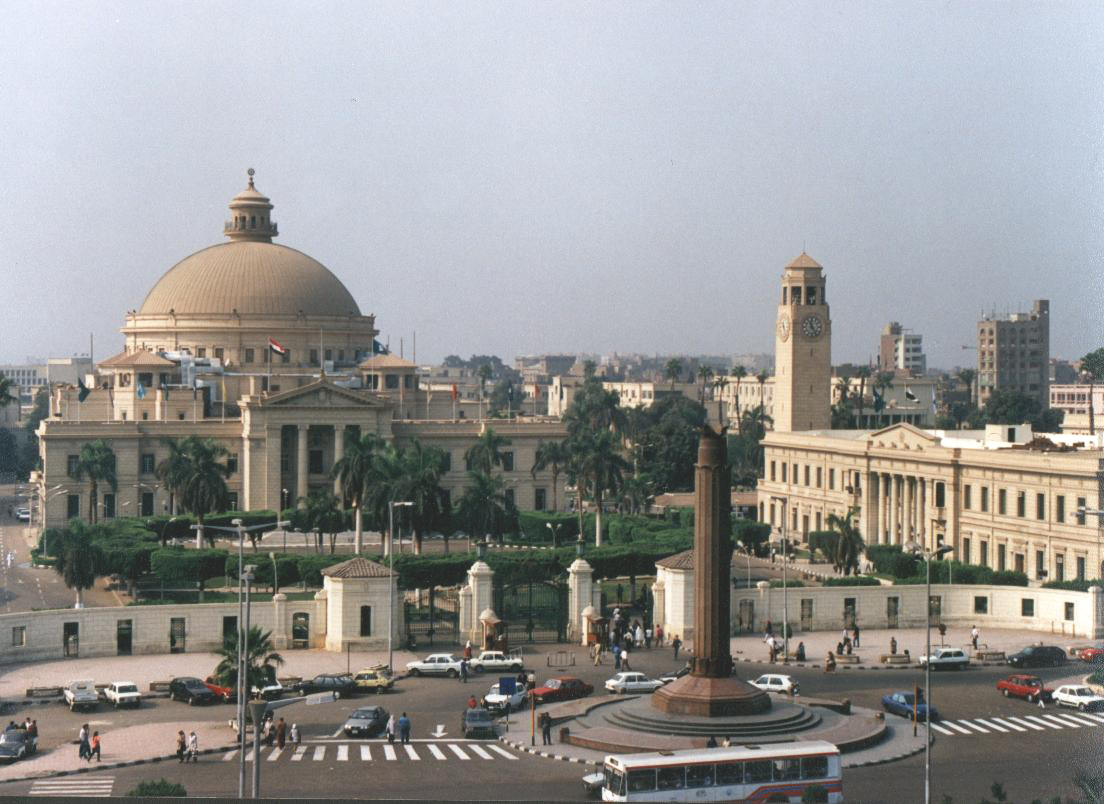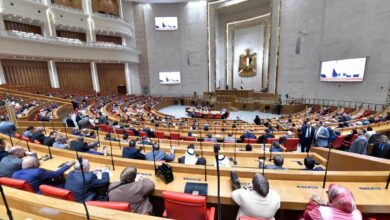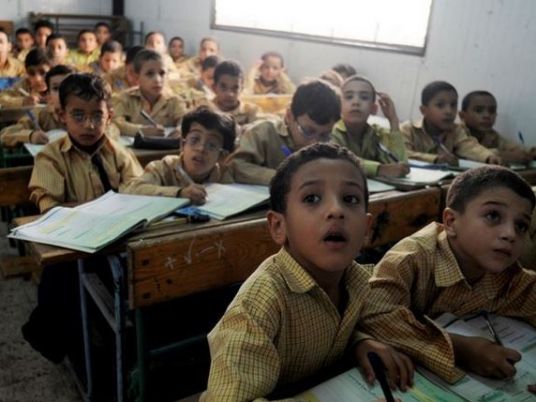Earlier this month I was invited to participate in the Doha Debates to discuss the motion “Education is worthless without freedom of speech.” At the outset, one might quickly decide in favor of the motion. Of course. Freedom of speech is a worthy cause and a noble pursuit–this is hardly contestable. Would one ever argue against promoting the freedom of speech?
But a more careful reading of the wording of the motion “Education is worthless without freedom of speech” reveals the need for a more profound analysis of what the statement entails. The motion is not about defending freedom of speech. It is about either the worthiness, or the total lack of worth of education, in the absence of freedom of speech. It is not even about the extent of this worthiness. Education in such circumstances, according to the motion, is either worthwhile, or worth zero.
And that is why I argued against the motion.
I argued in defense of education. I argued that no matter what restrictions are placed on freedom of speech, education will be the catalyst for change. Education helps create and expand freedom in all of its layers–political, social, cultural, and economic. Education promotes human development. Education helps you know your rights. Even against the harshest restraints, education builds a reservoir of intellectual capital that, together with innate human creativity, imagination and will, can turn around to challenge those very restraints, change uncontested realities and push for a state of home-grown freedom.
The motion presents education as a function of solely one factor: freedom of speech. I flip this argument on its head and argue that freedom is itself a product of education. I ask: What are the Egyptian bloggers and Tunisian digital activists a product of, if not their own local systems of education, with all their restrictions on freedoms? And how come Egyptian women enrolled in illiteracy eradication programs of civil society groups start reporting their abuse once they begin learning how to read and write? And why is the percentage of Egyptian women opposing female genital mutilation higher among the educated than it is for the illiterate?
My opponent, Professor of Contemporary Islamic Studies at Oxford University Tariq Ramadan, argued that education without freedom of speech creates “parrots and sheep” who lack critical thinking and creativity. I wholeheartedly reject this argument. It undermines the capacity of the human mind and its innate ability to probe, question and challenge. It assumes passive students and powerless citizens who lack any potential for perception, differentiation or inquisition.
I, on the contrary, have strong faith in the inherent capacity of the human mind and its endless potential for creativity and imagination, no matter how stifled by restrictions. It is unacceptable that we expect such submissiveness in students, especially in today’s world where knowledge is received from diverse sources and with technologies democratizing the learning process.
Education creates true freedom, one that is built from within, not imposed top down by domestic governments, or worse yet, forced by foreign governments who support these authoritarian regimes while suppressing the freedoms of their own citizens. The recent threat by the US to arrest WikiLeaks spokesperson and editor-in-chief on grounds of espionage is but an example of such blatant double standards by Western governments, who continue to preach “freedom of speech” whenever convenient. We do not need that “freedom.” We need a sustainable freedom that is home-produced, from within, bottom up, through education and by the educated.
The need for education also resides in a parallel thread. Education saves human lives. Dubbed by the United Nations Population Fund (UNFPA) the “social vaccine” for AIDS, education is what is desperately needed in Sub Saharan Africa, where 22 of the world’s 33 million adults and children are living with HIV. Arguing that education’s worthiness awaits a stamp of validation from freedom of speech in such a context misses the point. In fact, in such circumstances, freedom of speech may itself be worthless without education.
Irrespective of freedom of speech, education also helps provide for livelihood. My opponent Dennis Hayes, Professor of Education at the University of Derby, argued that in the absence of freedom of speech, education is reduced to “mere training.” Perhaps, yes. But this “training” still has its worth, and it transcends its mere economic utility. For what is wrong with training that helps one find a job, meet basic needs and secure livelihood for oneself and family, promoting dignity and self esteem in true fulfillment of Nobel Laureate Amartya Sen’s concept of “development as freedom”? Especially in countries where more than 80 percent live under US$2 a day, how could this be worthless?
My argument should not be misunderstood as an argument against freedom of speech. After all, I myself argued in The Arab Knowledge Report 2009 that freedoms are the enabling environments to promote Arab knowledge. Indeed no one contests that freedom of speech increases the worthiness of education. But such a positive functional relationship will hold ceteris paribus (other things held constant). The worth of education will increase as freedoms are expanded, but that will hold for any given state of technology, health conditions, levels of poverty and unemployment, education systems, infrastructure and curricula. There are cases when a change in any of these factors may bring about unexpected outcomes. For example, the worthiness of education can shine against restricted freedoms if technologies are expanding, massively opening alternative venues of expression.
Conversely, with escalating poverty and/or people dying of disease, there is little that expanding freedom of speech will do to appropriate value from education.
But the motion is not really about this positive correlation. That is not contested. The motion is about the starting point. The motion assumes that this positive relationship starts at the origin, where zero freedom also means zero worthiness of education. I, on the other hand, argue that this positive correlation starts at an intercept, where even with zero freedoms, education will provide a reservoir of value manifested in expanding organic freedom and promoting human development.
Education is worthy in and of itself. In the absence of freedom of speech, education may be worth less, but education is never worthless
The reason why the space of this debate has transcended the Doha encounter is not the dialectics of the motion proper. In a wider context, this debate is an invitation to interrogate the complexities of development realities and the convolutions of human misfortunes, beyond the obvious and the established. This is an important conversation for policy makers in the realm of development agendas, where often the assessment of needs is politicized and where an eye on empirics and realities can be conducive to more sensible programming and effective intervention.
Dr. Nagla Rizk is associate dean for Graduate Studies and Research and asociate professor of economics at the School of Business, the American University in Cairo. She is Founding Director of the Access to Knowledge for Development Center (A2K4D) at AUC and an affiliated fellow of the Information Society Project at Yale Law School. Dr. Rizk was one of the authors of the Arab Knowledge Report 2009 and is a founding member of the Access to Knowledge Global Academy.
The next Doha Debate will be broadcast on BBC World News on 8 January at 09:10 and 22:10 GMT and 9 January at 02:10 and 15:10 GMT




